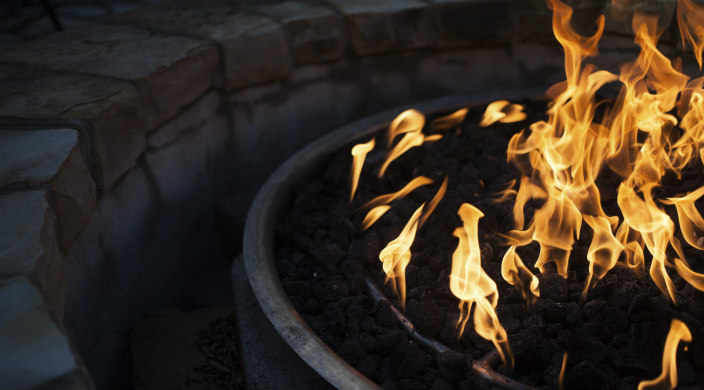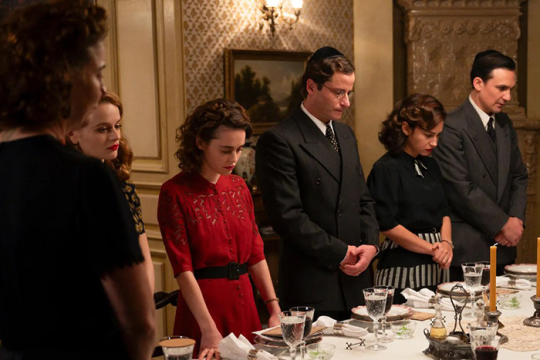
I have always loved the High Holidays. Rosh HaShanah and Yom Kippur are amongst my favorite times of the year, ritually and emotionally. These holidays annually bring to mind wonderful memories from childhood: enjoying services, being enamored with the shofar, the loving embrace of family and, of course, enjoying my grandma’s delicious cooking.
In light of these robust holiday celebrations growing up, I was a bit surprised that I was not ever introduced to the pre-High Holiday observance of Selichot or to the idea that the entire month of Elul is devoted to spiritual preparation.
I learned about Selichot during my first year of rabbinical school in Jerusalem. Curious, excited, and eager to participate this “new” service, I joined a large group of my classmates and we headed to the Great Synagogue in Jerusalem to experience a traditional Selichot service. Unfortunately, I did not enjoy the service at all, which certainly did nothing to help me prepare for the upcoming High Holidays. I left the synagogue feeling cold and disappointed, prepared only to discard Selichot from my future observance.
Over the past few years, however, Selichot, observed on Saturday evening about a week before Rosh HaShanah has evolved into one of my favorite moments on the Jewish calendar, in part, I think because my wife and I met at a Selichot service at Isaac M. Wise Temple in Cincinnati when we were rabbinic students at Hebrew Union College-Jewish Institute of Religion.
Indeed, the idea of a festive dessert party leading into a solemn service has inspired me to embrace Selichot as an important event for my community.
Selichot is that moment in which we begin our communal process of t’shuvah. Usually translated as “repentance,” there are many ways to look at the Hebrew word t’shuvah, whose Hebrew root, shuv, means “to return.” When we repent for our wrongdoings we literally return to our misdeeds to make things right with those we have hurt. T’shuvah can also be translated as “to answer” or “to find a solution.” Likewise, when we repent, we answer for what we have done wrong and try to find a solution to do better in the future.
Our Selichot liturgy includes a verse from the Book of Lamentations about returning:
Hashiveinu Adonai ei-lecha, v’na-shuvah. Chadeish yameinu k'kedem.
Help us to return to You, O God, then truly shall we return. Renew our days as in the past. (Lamentations 5:1)
Just as Selichot is a time for spiritual return, it is also and, perhaps just as important, a time for returning to each other. For many communities, Selichot provides that first opportunity to renew our connections with each other after the summer – a time for gathering the community together to socialize, to embrace each other, and to join in heartfelt prayer and reflection.
Every congregation observes Selichot differently. In my community, members and friends gather in a congregant’s home for a pot-luck dessert party and a brief service. If the weather cooperates, we hold the service around a fire pit in the backyard.
As we light the havdalah candle in the fire and raise our voices in prayer, I look around the circle. Every year, I see faces – illuminated by the flames – that reflect the shared joy of being together. Everyone takes a turn reading, and sharing their thoughts. By the time the evening ends, we have filled our bodies with sweet treats, enlivened our spirits, and are ready to join together again in just a few days for Rosh HaShanah. Indeed, we know we are ready to begin again.
I am thankful that I have learned to embrace Selichot and understand the benefits it brings to my community. I urge us all to find a way to make Selichot a meaningful and personal addition to the High Holiday season.
This Selichot may we return to God and to each other in health, in joy, and in peace.
Related Posts

“We Were the Lucky Ones:” Bringing The Holocaust Out of History Books and Into Our Homes

Harnessing the Power of our Mothers Around the Seder Table

